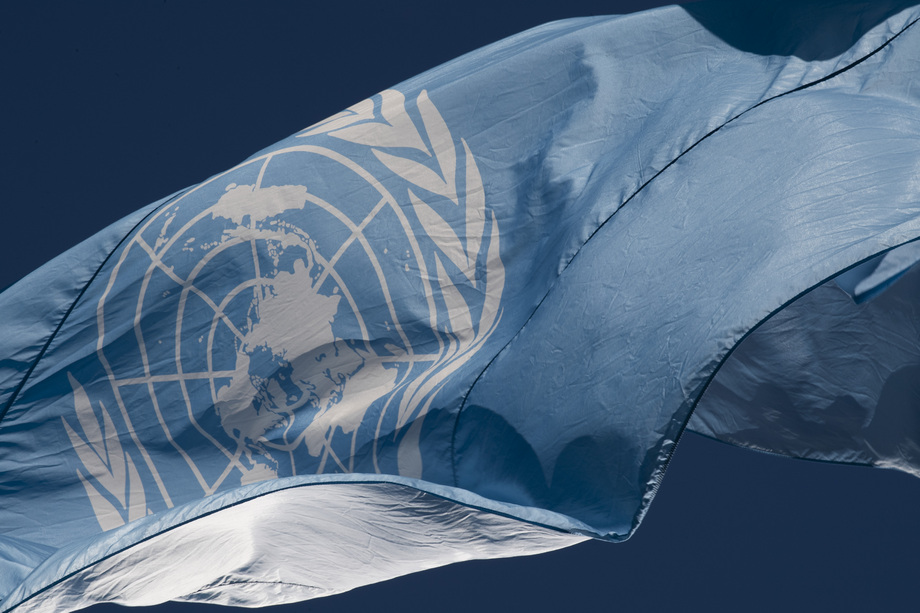As per a report released by the United Nations this Tuesday, an alarming one-third of its workers and contractors have faced sexual harassment in the last two years, reports Reuters.
An online survey carried out by Deloitte last November, had only 30,364 people completing it – a mere 17 percent of those eligible to participate in it. Secretary General Antonio Guterres pointed out in his letter to the staff that the ‘moderately low’ response to the survey did not bode well. In the first place, he felt that it indicates that society, at large, is still a good way off from ‘fully and openly’ discussing sexual harassment. He added that the poor response to the survey can also be attributed to an ‘ongoing sense of mistrust, perceptions of inaction and lack of accountability’. Against the backdrop of the “Me Too” movement taking place globally against sexual harassment, surveys like these have become especially relevant.
The U.N. report reveals that a staggering 21.7 percent of its workers had been exposed to sexual stories or offensive jokes, 14.2 percent of them have had to bear the brunt of offensive comments on their body, appearance or sexual activities and 13 percent had been directed to unwelcome bids to engage in conversations on sexual matters. Gestures or body language of sexual nature which were embarrassing or offensive had been encountered by 10.9 percent of the people who took the survey. Some 10.1 percent of them had been touched in an inappropriate manner which made them feel uncomfortable. More than half of such encounters are reported to have taken place in the work-space. Work-related social events have reported the occurrence of 17.1 percent of such incidents. Out of every three harassers, two were male. Only one out of three victims reported the incidents after facing sexual harassment.
Commenting on the ‘sobering statistics’, the Secretary General has emphasized on the need to ‘lead by example’. To make the work-space free from harassment, the United Nations has stressed on the value of transparency and toughened up on how it deals with accusations of sexual harassment in recent times. With accusations of abuse and sexual exploitation mounting against the U.N. peacekeepers in Africa in the past few years, the need for such measures have become more and more relevant. The head of the U.N. agency for AIDS and HIV is also slated to step down in June, six months before the end of his term. This is the result of a report by an independent panel which found that his ‘defective leadership’ did nothing to stop a ‘culture of harassment, including sexual harassment, bullying and abuse of power’. For an organisation like the U.N founded on ‘dignity and human rights’, changes need to happen for a ‘harassment-free workplace’, maintained the Secretary General Antonio Guterres.


Comments are closed.